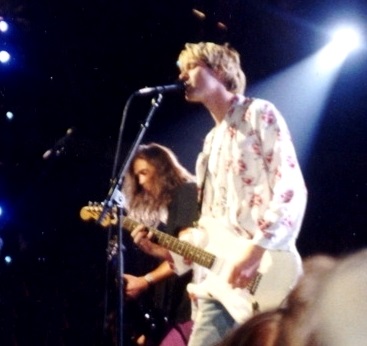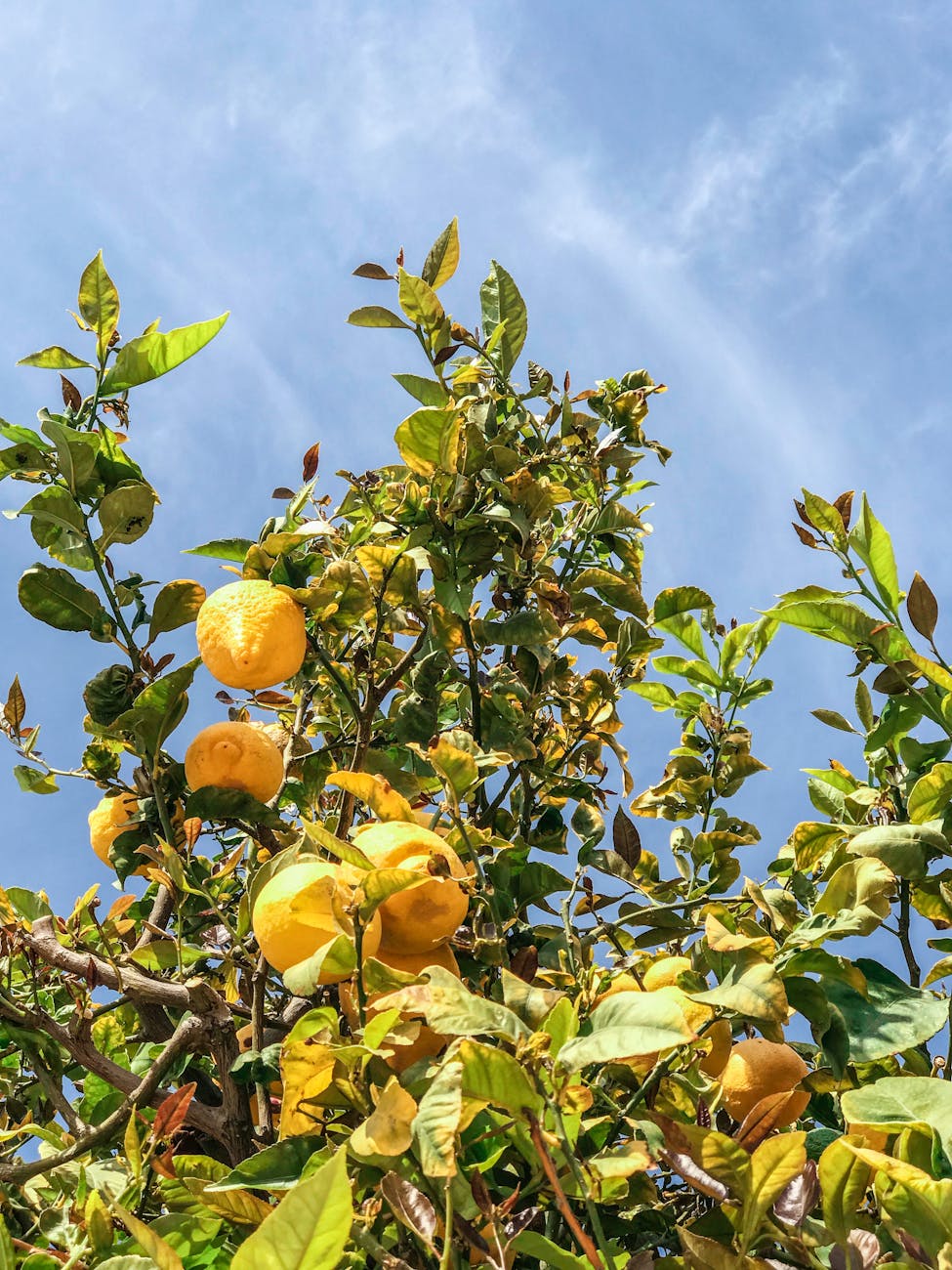Acid/Base
Photo by pithecanthropus4152.
I live in an aging Georgian busted into high-ceilinged apartments with a musty 1940s scent. I’m on the second floor with a balcony where I watch barges on the river below the bluff with my morning coffee. There are seven professional women in the building whom I rarely meet because I work second shift at an ice cream factory across the bridge where I sanitize thirty-thousand-gallon stainless steel tanks with acid solution, then alkali, then steam. My colleagues say be careful, any one of them can eat the skin off a man’s face. My landlord and at least two of the women in the building look like they could do the same.
I get home after midnight and see Lucy, a research biologist, smoking on her balcony. She invites me over, so I hop the railing separating our apartments. After our second cigarette she offers a whiskey, points out Cassiopeia telling me she was an ardent lover, and I wonder if she’ll invite me to spend the night. Her place is full of survey maps of National Parks with winding red lines marking her hikes. Over her bed is a poster of Gregor Mendel and peas and near the window are dozens of sproutings, each with labels and small log notebooks. She catches me looking and says, “Don’t worry, I won’t do any experiments on you.” I smile because everything we do is an experiment of some kind, but instead say, “That would be the best thing that happened to me all week.” Now it’s her turn to smile. After that, trial and error, trial and error, until we develop a satisfying theory.
The following week the landlord increases the rent. When I ask why, he says because he can. He adds he doesn’t like male tenants and doesn’t intend to re-sign my lease. I wanted to protest, but instead steal a bucket of caustic soda from work and flush it down a basement toilet. The aging pipes are ruined, and I feel sorry for all the women in my building who have to walk to the International House of Pancakes to piss when I can just go behind the dumpster.
Lucy departs with the other tenants and now there’ll be no more hypothesis testing. I’m okay with that because science has some real shortcomings and so did she, but I did adore the way she held her cigarette while naming constellations. She said stars engender stories, without them there’d be no fiction, and stories eventually led us to science, and of course progress. I’m not falling for it. Looking at the sky I see only randomness and marvel at how ancients felt compelled to make stories from that mess. Celestial bodies are much like earthly ones, we are distributed by chance, waiting for someone to look close, use their imagination and make sense of us. This doesn’t lead to science. Up close, our stories are always dubious, always a stretch, never more than serendipity.
About the Author
JWGoll is a writer and artist currently working as a Patient Advocate at a large hospital in North Carolina. His fiction is born of experiences as a photographer in Chicago, the Dakotas, and Central Europe. He has recently published work in The Vestal Review, Fiction Kitchen Berlin, Epiphany Journal, BODY, Right Hand Pointing, New World Writing, and Storm Cellar, among others. He has recently been selected to the 2024 Best Small Fictions anthology for the flash fiction piece, “Boilermaker,” first published in The New Flash Fiction Review. His published work can be found at jwgoll.com.



